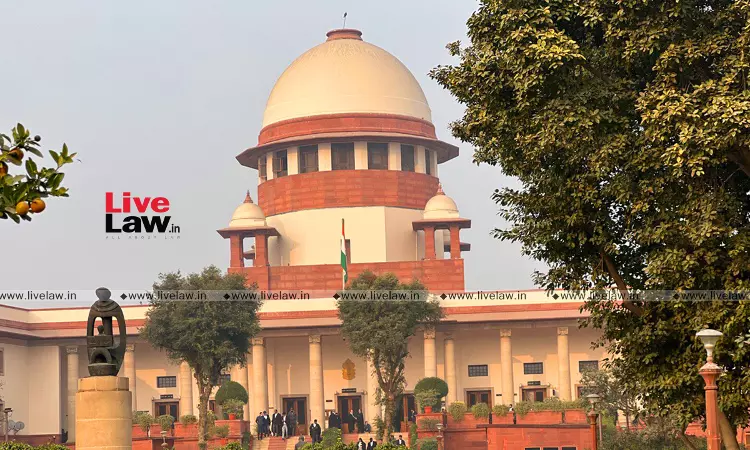VRS Employees Cannot Claim Parity With Others Who Retired On Achieving Age Of Superannuation: Supreme Court
Anurag Tiwary
4 Feb 2023 10:00 AM IST

Next Story
4 Feb 2023 10:00 AM IST
The Supreme Court has held that employees who retired under the Voluntary Retirement Scheme (VRS) cannot claim parity with others who retired upon achieving the age of superannuation for the purposes of pay revision. Factual Matrix leading to the Civil AppealWhat was up for challenge before the bench of Justices Aniruddha Bose and S. Ravindra Bhat in this civil appeal was a decision of...
